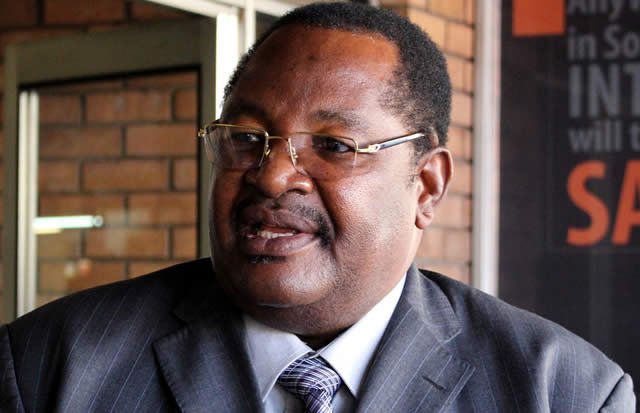The Telecommunications Operators Association of Zimbabwe (TOAZ) has publicly addressed the operational challenges facing the sector, responding to widespread customer complaints about poor service. As Zimbabwe’s telecommunications market transitions toward a digital economy, TOAZ has emphasised the significant impact of rapid technological changes on the industry.
The association has detailed how local operators are navigating these fast-paced technological shifts while grappling with unique challenges such as foreign currency shortages, escalating operational costs, frequent power outages, and high debt levels. These factors are crucial hurdles that need to be overcome to ensure the sustainability of the telecom sector in Zimbabwe.
TOAZ has also expressed a strong commitment to ongoing dialogue with all key stakeholders, including the government, regulatory bodies, and customers. These discussions aim to address issues crucial to the industry, such as service quality, product affordability, and long-term viability.
The importance of ICT in national development was underscored by President Emmerson Mnangagwa during the unveiling of the Zimbabwe National Information Communication Technology Policy for 2022-2027. The government, under the National Development Strategy 1, has prioritized ICT as a fundamental pillar for national progress.
On the investment front, TOAZ explained the need for continuous funding, particularly in foreign currency, to update essential network infrastructure regularly. These updates are vital to cope with the nearly five-fold increase in data traffic from 2019 to 2023, driven by lower data prices and a surge in social media usage.
Despite the growth and potential of technologies like Low Earth Orbit satellites, TOAZ noted their limitations, including high costs and inapplicability for broad rural coverage, which are not feasible for most Zimbabweans at current price points.
Economically, the telecom sector is a substantial contributor to the government’s revenue, with significant taxes and levies unique to the industry. TOAZ emphasized that equitable tax burdens should also apply to emerging technologies like satellite services.
TOAZ’s statement highlighted the challenges of maintaining cost-effective tariffs amid aggressive inflation and currency volatility. The association advocates for a balanced approach to pricing, ensuring that tariffs reflect both the cost of service provision and the economic realities faced by Zimbabweans.
The ongoing engagement and strategic planning by TOAZ illustrate a dedicated effort to address both immediate customer service issues and broader economic challenges, aiming to secure a robust future for Zimbabwe’s telecommunications as a critical driver of the country’s digital and economic development.








